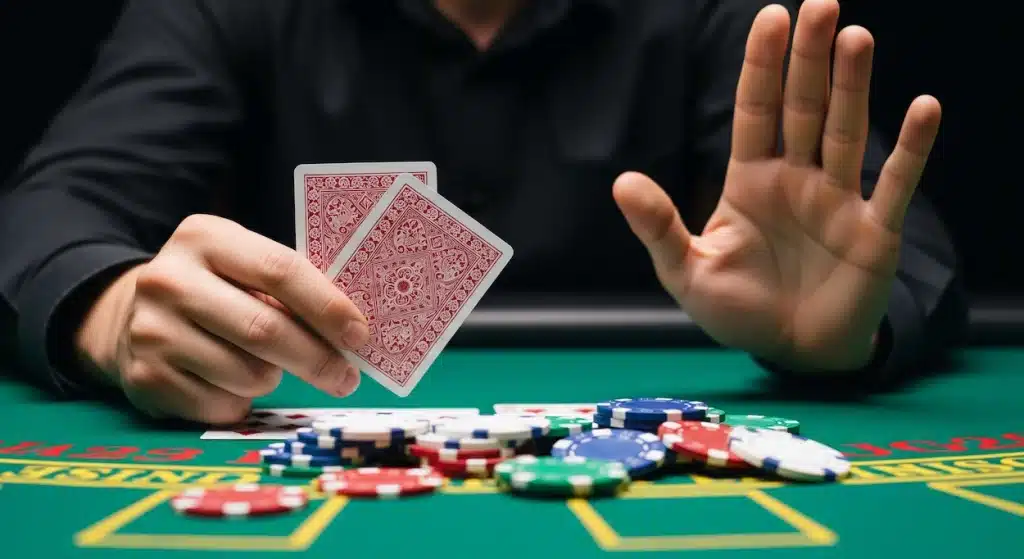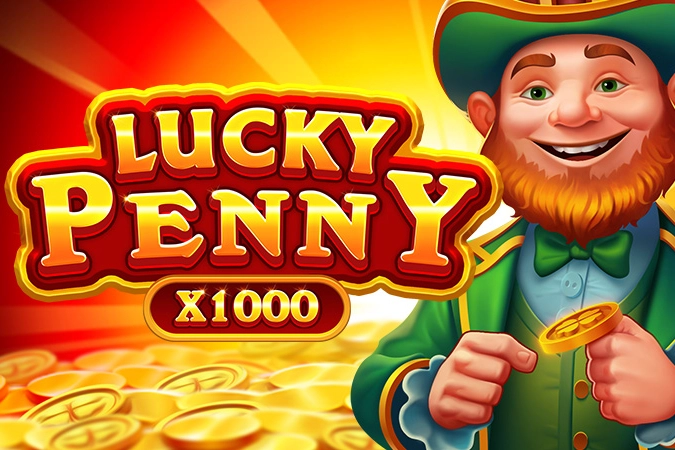The dealer slides a card face-up onto the table. It’s an Ace. A hushed anticipation falls over the blackjack game. “Insurance?” the dealer asks, scanning the players. A few hands go up, coins clink as they are placed on the insurance line. It feels like a safe bet, a way to protect your hand against the dealer’s dreaded blackjack. It’s a tempting proposition, but if you want to be a smart blackjack player, you should resist the urge to ever, and I mean ever, take insurance.
For the uninitiated, let’s quickly explain what insurance is. When the dealer’s upcard is an Ace, they offer players the chance to place a side bet of up to half their original wager. If the dealer’s down card is a 10-value card (a 10, Jack, Queen, or King), they have a blackjack, and your insurance bet pays out at 2:1 odds. If they don’t have a blackjack, you lose your insurance bet, and the hand continues as normal. It seems like a no-brainer, right? You’re “insuring” your bet against the worst-case scenario.
The Math Behind the Misguided Bet
But let’s look at the cold, hard math, which is the cornerstone of any successful blackjack strategy. The goal of basic strategy is to minimize the house edge, and every decision you make should be based on that principle. Taking insurance does the exact opposite.
Consider the composition of a standard 52-card deck. There are 16 cards with a value of 10 (10, J, Q, K) and 36 cards that do not have a 10-value. When the dealer’s upcard is an Ace, the probability of their down card being a 10-value card is 16/52, or approximately 30.77%. The probability of it not being a 10-value card is 36/52, or approximately 69.23%.
Now, let’s look at the payout. The insurance bet pays 2:1. This means that for every dollar you bet, you get two dollars back (plus your original dollar back, so you are paid out 2:1). For this to be a fair bet, the probability of the dealer having a blackjack would need to be 1 in 3, or 33.33%. But as we just calculated, the probability is only 30.77%. This difference, while seemingly small, is where the casino makes its money. The house edge on the insurance bet is a hefty 5.88% in a single-deck game, and it gets slightly higher as you add more decks. To put that in perspective, the house edge on a regular blackjack game, when played with perfect basic strategy, can be as low as 0.5%.
Think about it this way: You are betting on an event that has a less than 1 in 3 chance of happening, for a payout that would only be fair if it happened 1 in 3 times. You are essentially giving the casino a guaranteed profit on that side bet.
The Myth of “Even Money”
The argument that insurance is a good idea to protect your hand when you have a blackjack of your own is also flawed. The dealer will often ask, “Even money?” in this scenario. They are offering to pay you 1:1 on your blackjack immediately, before they check their down card. This is just another name for the insurance bet. By taking “even money,” you are sacrificing the potential 3:2 payout on your blackjack, which is the most profitable hand in the game. In a scenario where you have a blackjack and the dealer has an Ace, you have a 100% chance of either pushing (if the dealer also has a blackjack) or winning. You are giving up a guaranteed win and the best payout to avoid a push. It makes no mathematical sense.
The Bottom Line
The only scenario where insurance might, and I use the word might with extreme caution, be considered is in a card-counting scenario where you know there is an abnormally high concentration of 10-value cards left in the deck. But for the vast majority of players, including those who are not counting cards, this is a non-issue. For the average player, insurance is simply a sucker bet. It’s an emotional decision, not a logical one, driven by the fear of losing your hand.
So, the next time the dealer flips over an Ace and asks, “Insurance?” take a moment to remember the math. Resist the temptation. Stick to your basic strategy. That extra bit of emotional comfort you get from “insuring” your bet is costing you money in the long run. By consistently declining insurance, you are making a smart, profitable decision that will help you minimize the house edge and maximize your chances of walking away from the table a winner.







